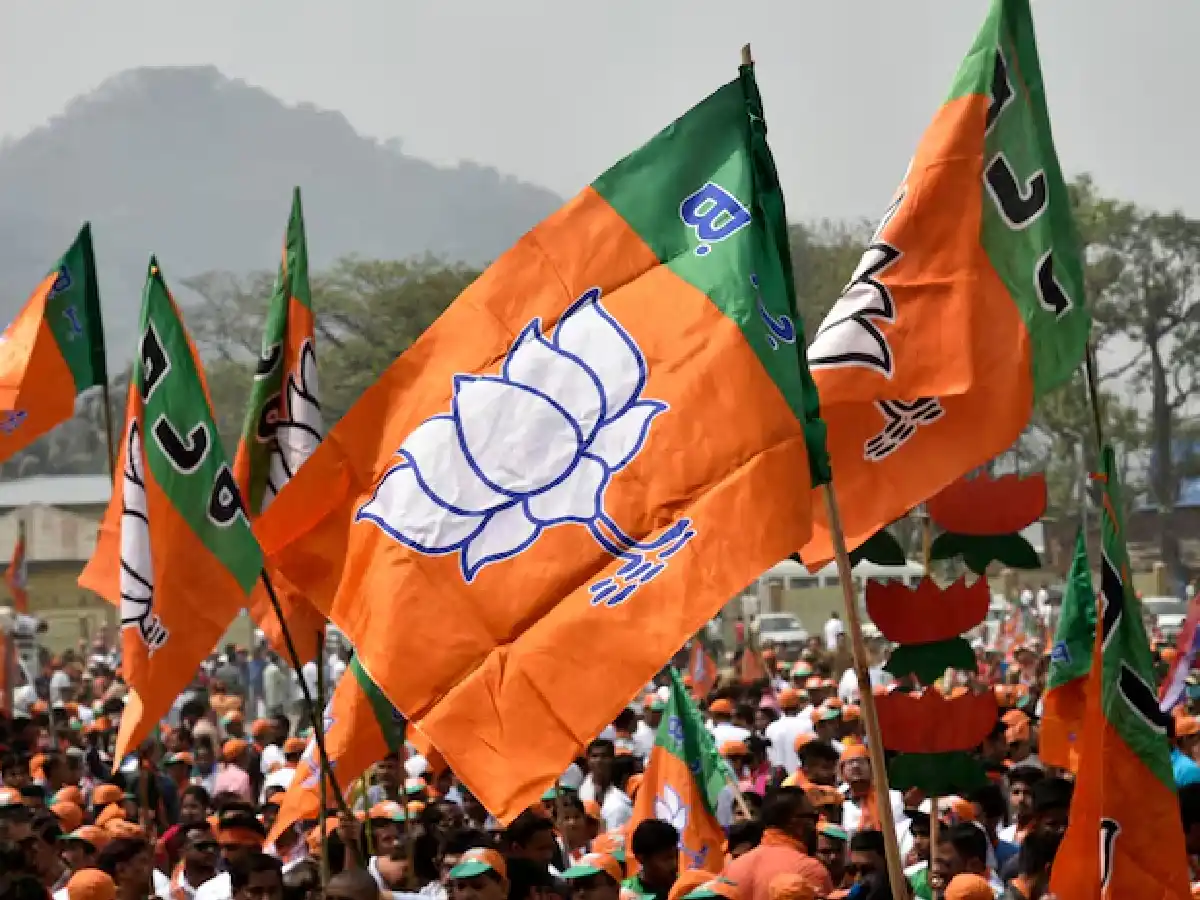During the RSS’s recent meeting in Mathura, Uttar Pradesh, RSS general secretary Dattatreya Hosabale confirmed in a press conference that the relationship between the RSS and the BJP is strong. The RSS mentioned BJP national president JP Nadda’s statement to the Indian Express before the Lok Sabha elections for the first time, stating that BJP can now manage its affairs without the RSS. Hosabale stated that the RSS comprehends the essence of Nadda’s remarks and there is no cause for any tension.
BJP leaders maintain that there has never been any conflict between the party and RSS workers at the local level. It was referred to as speculation. Sources mentioned that both parties were shocked by their defeat in the Lok Sabha elections. Now both parties need to collaborate.
The Sangh was relieved by the Haryana victory, showing that its structure and connections can still influence election outcomes. However, there were still certain issues that required resolution. According to sources, this was accomplished through various talks, including those held at recent RSS gatherings in Ranchi and Palakkad, as well as in Delhi. There were no ideological differences between the two groups, just operational challenges. “A source stated that these are currently being organized.”
As per sources, the choice to assign the task of overseeing Prime Minister Narendra Modi’s important programs to Union Minister and ex-Chief Minister of Madhya Pradesh Shivraj Singh Chauhan is included in this initiative. Shivraj Singh Chauhan is seen as a preferred candidate of the RSS and is among the top contenders for the position of the next BJP president.
Prime Minister Modi also hinted through his post following RSS chief Mohan Bhagwat’s Vijayadashami speech, where he called on individuals to focus on the significant national issues addressed by him.
It is believed that the RSS’s traditional approach of small-scale networking, social connections, and intimate gatherings in Haryana successfully countered the opposition’s argument that the BJP government could alter the Constitution. A significant portion of non-Jat OBC votes and Scheduled Caste votes shifted towards the BJP in Haryana.
As per a leader, the BJP was unsuccessful in narrowing this divide in the Lok Sabha polls as numerous party members did not engage with voters who felt apathetic towards the BJP’s arrogance from being in power for a decade and upset with candidate choices. A lot of people chose not to participate in the voting process. A leader stated that the solution was to have them go out to campaign and vote, with assistance from RSS volunteers.
The BJP aims to rally OBC groups and SC/ST communities in Maharashtra as a response to the Maha Vikas Aghadi’s emphasis on Marathas and Muslims. Therefore, while the Congress enjoys strong backing from the Mahar community, the RSS has connected with the Matang caste groups.
According to reports, the Eknath Shinde government’s decision to form a committee to debate the sub-categorisation of the SC quota came about due to pressure from the RSS. The BJP’s success in Haryana is also attributed to the decision to sub-categorise SC communities.
According to a source, we countered the opposition’s use of BJP leaders’ statements (asking for over 400 seats) for campaigning during the Lok Sabha by utilizing Rahul Gandhi’s remarks on abolishing reservation made during his visit to the US. The conventional techniques of the RSS were effective for this.
Sources also mentioned the ‘Samvidhan Bachao’ campaign initiated by the RSS in August, precisely three months post the Lok Sabha outcomes. The ‘Samvidhan Jagran Yatra’ commenced from Chavdar Tall in Mahad and concluded in Dadar in mid-September.
Sources also discussed the RSS’s ‘Samvidhan Bachao’ campaign, initiated in August, precisely three months post the Lok Sabha outcomes. The ‘Samvidhan Jagran Yatra’ began in mid-September from Chavdar Tal in Mahad and concluded in Dadar. Chavdar Tal, the communal pond, was the site where Babasaheb Ambedkar initiated his renowned Mahad Satyagraha in March 1927.
In Jharkhand, another state going to polls, the RSS has a solid foundation because of its efforts among the tribal population, and has mobilized its members in small groups in tribal-majority regions. The party is attempting to change the outcome from the Lok Sabha elections, where the BJP was defeated in all five tribal dominated seats in Jharkhand.
Santhal Pargana, a stronghold of the JMM, is one of the areas where the RSS is concentrating its efforts. The BJP’s focus in the region is on accusing Bangladeshi infiltration, resulting in a decrease in the tribal population. The Sangh is blowing this out of proportion by having its workers operate in border regions.

